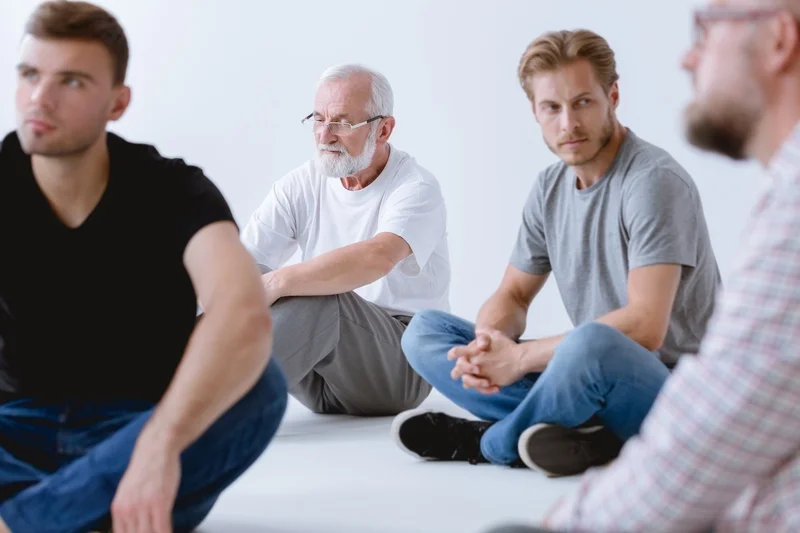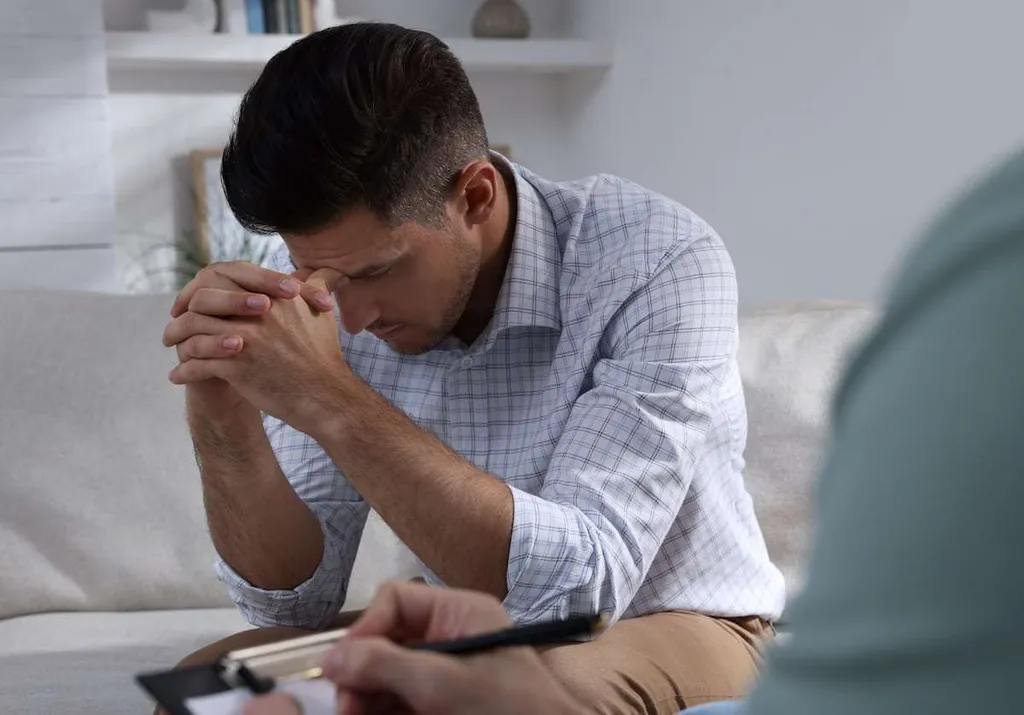
It’s essential to remember that a slip doesn’t signify failure but rather an opportunity to learn, adapt, and strengthen your commitment to sobriety. If you’ve recently experienced a relapse, here’s a guide to help you navigate the aftermath and take proactive steps towards recovery. Another way to stay healthy and avoid relapse is by learning to steer clear of your triggers. This could be anything from stress to people who encourage you to use drugs or alcohol. If you’re unsure about what to do when you relapse, creating a detailed action plan with professionals can provide clarity and direction.
- Shame and guilt are frequently leftovers of childhood trauma that people often carry into their adult lives.
- Using drugs or alcohol can seem like the easiest way to feel happy or normal.
- It doesn’t mean you’re weak, and the people you trust want to help.
Treatment
Overwhelming emotions can lead to a relapse, and conflict with others has been found to be a factor in over 50% of relapses. Once a person has become thoroughly addicted to a substance, using it is no longer a choice. The neuropathways of the brain have changed, and the person has become dependent on that substance in order to function or to https://ecosoberhouse.com/article/15-benefits-of-the-alcohol-free-lifestyle/ feel “normal”. Remind yourself of the reasons why you chose to recover in the first place. Set new goals, create a plan to stay on track, and celebrate small victories along the way.
- For a lot of people, going through a relapse feels like a failure or something beyond their control, but that’s not true.
- A relapse occurs when you find yourself no longer following your treatment program.
- You might have been sober after treatment for three months before a relapse.
- Once you have found the cause of the relapse, you will be able to put stronger prevention plans in place in the future.
Stress and pressure
Often relapse occurs because of a combination of these and other reasons. Having a better understanding of what causes relapse will make it easier to prevent it and treat it Twelve-step program if it does occur. It can teach us more about ourselves, and may help us find better, more effective treatment. Move forward and recommit to living your best, healthiest life.

Emotional Relapse

We’ll explain what relapse is, why it happens, and how you can respond to protect your progress and get you back on track. If you or a loved one are in need of help with addiction, contact us today. Our professional and friendly addiction specialists are able to answer your questions and get things moving in the right direction. The first thing you should do after recognizing that relapse has occurred is find safety. That may mean calling 911 if you think an overdose is possible. If you don’t think 911 is necessary, contact a sponsor, therapist or loved one you trust who can get you help.
Return to your recovery basics
Your detox after relapse depends on how long your relapse has occurred and how much you used. A physical relapse can be a brief “slip.” You might be at a party, and you have a drink to celebrate. You can get back on track more easily during this stage of relapse. You might need to go back to your support system and admit that you need treatment again. Contact us today to get back on track and find compassionate support dealing with relapse. It’s vital to treat yourself with kindness and understanding.
But it should also be someone who you can trust not to enable you or encourage self-harming behaviors. Isolation can be a significant trigger for relapse, and it’s incredibly important not to go through this time alone. Tim enjoys writing about addiction and recovery, this topic has personally affected him, fuelling his desire to what to do after a relapse help others. The rate of relapse and whether you lapse into a full-blown relapse will depend on the person and the circumstance, but it is not a sign of failure. Once you have found the cause of the relapse, you will be able to put stronger prevention plans in place in the future.
- The best way to prevent relapse is to practice coping behaviors consistently, build a support system and avoid risk factors.
- Reach out to supportive friends, family members, or a recovery group.
- This shows the important role that support plays in addiction recovery.
A porn addiction and compulsive sexual behavior recovery peer support forum. Masturbation in moderation is generally healthy, but excessive porn use can have serious adverse effects. We also host challenges in which participants (“Fapstronauts”) avoid porn use & sometimes masturbation for a period of time, generally 7-30 days. Whether your goal is casual participation as a test of self-control or if porn use has become a serious problem in your life, you will find a supportive community here. Our team of compassionate professionals provides a supportive environment where individuals can learn, grow, and thrive. It’s important to let a trusted person know that you’ve engaged in self-harm again.

Mental Health Treatment
- You might just need additional coping skills for long-term sobriety.
- Feeling hopeless and giving up on trying to stay sober can create a never-ending cycle of substance abuse.
- Remember that a relapse doesn’t mean failure — it simply means you need to adjust your recovery plan.
- While this can feel like you’re going backwards in your recovery, you are not.
- Colter is a licensed psychotherapist and the owner and founder of Thrive Therapy.
A relapse happens when someone returns to substance use after trying to stop. Either way, relapse doesn’t erase the progress you’ve made, it’s a sign that your recovery plan needs an adjustment. No matter what stage of relapse you’re in, getting your recovery journey back on track is essential. Thankfully, there’s a step-by-step process that can help you do just that. This is when you start thinking of using again, contacting the people who encouraged your addiction, or going back to your habits while using.
The Role of Relapse Prevention Therapy
People with unhealthy coping habits may believe that using alcohol or other drugs is the only way to relieve stress. It indicates that some parts of your recovery plan need tweaking, not that the entire journey is off course. Each step back offers an opportunity to learn more about yourself, your needs, and the best strategies for you.

